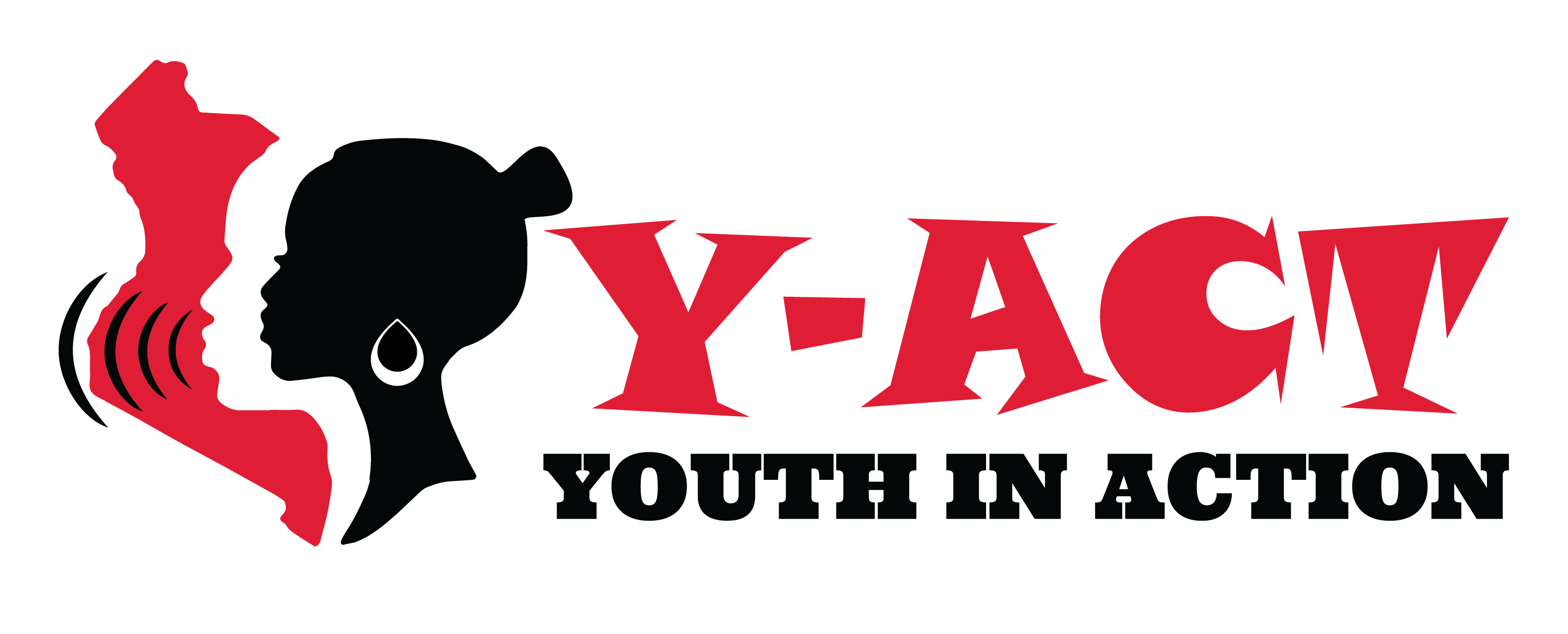THE LINKAGE BETWEEN SEXUAL AND GENDER-BASED VIOLENCE & TEENAGE PREGNANCIES
The 16 Days of Activism is an annual international campaign that kicks off on 25th November, the International Day for the Elimination of Violence against Women, and runs until 10 December, Human Rights Day. Due to COVID-19, the greatest healthcare crisis of our generation, celebrations looked quite different, with most activities taking up the digital space. In spite of the COVID-19 restrictions, young people all around the globe did not relent in making their voices heard, resoundingly making calls to action to end sexual and gender-based violence.
At Y-ACT, we commemorated the 16 Days of Activism by focussing on how violence against women and girls contributes to the alarming rates of teenage pregnancies in Kenya, particularly during the COVID-19 pandemic. Like in most of the developing world, teenage pregnancies in Kenya continue to be a public health crisis, with a myriad of factors contributing to the stagnant prevalence rate of teenage pregnancies. And while many are quick to place the blame on sexual immorality among teenagers, sexual and gender-based violence alongside patriarchal systems are often brushed under the rug.
An additional cause of unintended pregnancy is sexual violence, which is widespread with more than a third of girls in some countries reporting that their first sexual encounter was coerced. (Raj A, 2013) Conversations on how FGM and consequently child marriage, child beading and defilement contribute to teenage pregnancies are often ignored, with the focus being given to more sensational topics. However, we cannot turn a blind eye any longer owing to the fact that countries in Africa have the highest teen pregnancy rates in the world (Burton, 2017) Too often, our society resorts to victim-blaming and placing the majority of the burden on the girl child, a tactic which gives rise to further stigma and shame.
While much has been done to end violence against women and girls, the emergence of the COVID-19 pandemic threatens to render such progress obsolete. For instance, rates in harmful cultural practices such as FGM, child beading and marriage are likely to spike due to the fact that they have been pushed underground. School closures, financial and food insecurity have heightened the risk of violence for girls including sexual exploitation, harassment, and child marriage. As such, there is need for conscientious, unified and urgent action to protect vulnerable adolescent girls and young women during this crisis.
In the Sauti Sasa Youth Voices report, young people called for investment in robust protection systems for adolescents facing any form of Sexual Gender-Based Violence (SGBV) by implementing clear structures for reporting, profiling and documenting sexual and gender-based violence at the community level; prioritizing and accelerating court cases on child defilement and waiving all fees related to the same. The prevalence of harmful cultural practices aptly highlights the need to have inclusive intergenerational dialogues within our communities to bring an end to them, ensuring that young women and girls actualize their human rights to the fullest.
In a world plagued by uncertainty, what we do know for sure, is that young people are our greatest resource towards ending violence women and girls, and advancing gender equality. As such, the youth voice must be unequivocally included in the design and implementation of appropriate interventions to ensure their sustainability. After all, we are #GenerationEquality!
